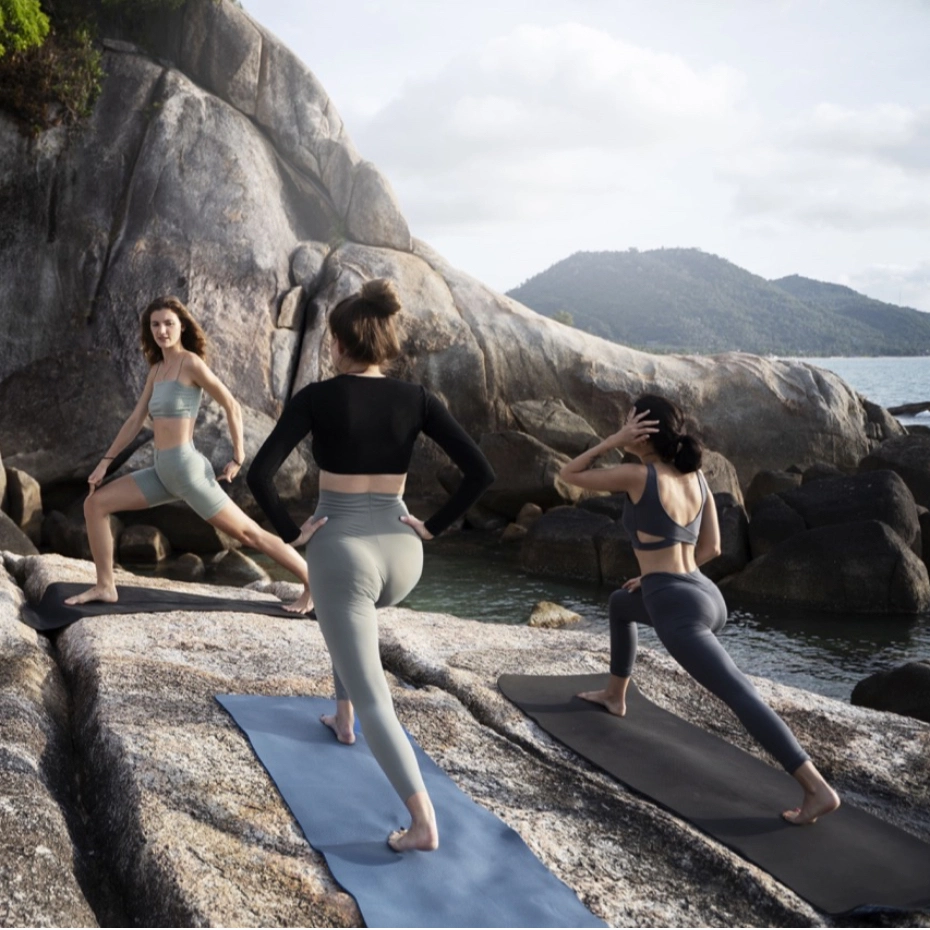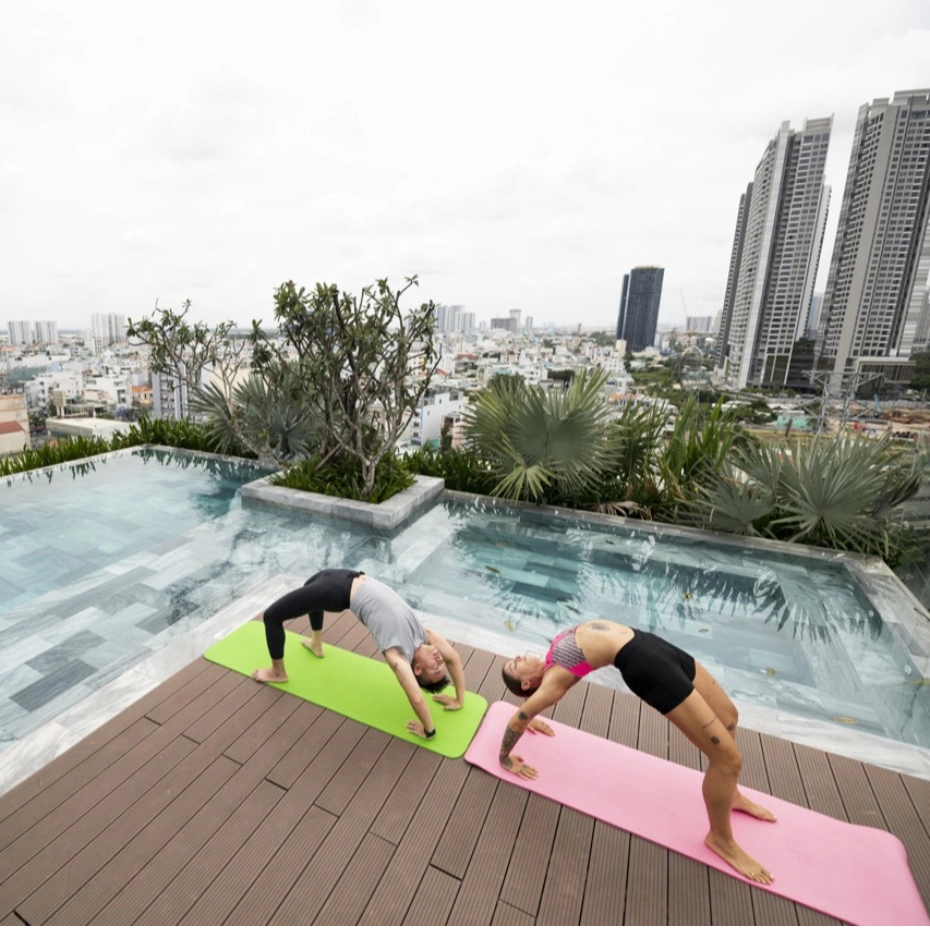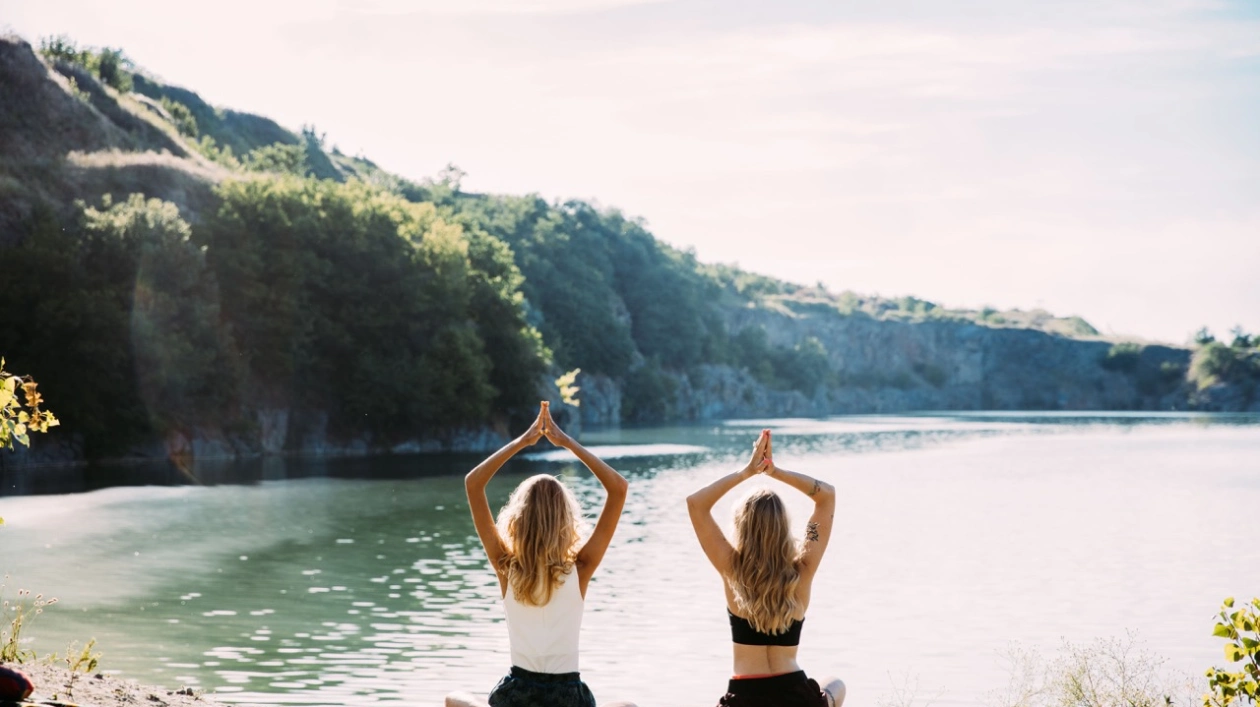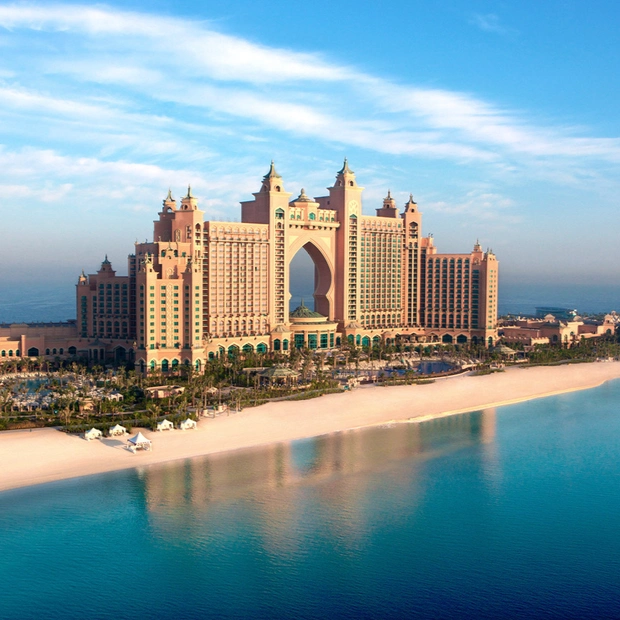Tourism for Physical and Mental Health
The modern world, characterized by its relentless pace and ever-increasing demands, often leaves individuals feeling depleted and yearning for respite. Travel, once primarily associated with leisure and exploration, has taken on a new dimension: wellness tourism. This burgeoning sector caters to the holistic health and wellness of travelers, offering a transformative journey towards physical, mental, and spiritual rejuvenation.
What is Wellness Tourism?
Wellness tourism encompasses travel experiences designed to promote health and well-being. It transcends the conventional vacation, offering a plethora of activities and programs that empower individuals to prioritize their health and find balance in their lives. From luxurious spa retreats and invigorating yoga sessions to immersive meditation workshops and enriching healthy eating programs, wellness tourism provides a holistic approach to travel. Hotels are enhancing their amenities with wellness options like on-site gyms and vegetarian menus to attract health-conscious travelers. Destinations around the globe are increasingly tailoring their services to meet the unique needs of wellness tourists, ensuring a restorative and fulfilling experience.

History of Health Tourism
The concept of health tourism boasts ancient roots, tracing back to civilizations that recognized the healing power of nature and holistic practices. The Greeks, renowned for their emphasis on physical and mental health, established therapeutic bathhouses, utilizing natural springs and thermal waters. Similarly, the Romans constructed elaborate spa complexes, offering a range of treatments and relaxation techniques. These early forms of wellness tourism laid the groundwork for the modern tourism industry we witness today.
Types of Wellness Tourism
The spectrum of this kind of tourism is vast and diverse, catering to a wide array of interests and needs. Let's delve into some of the prominent types:
· Spa Tourism:
Spa tourism remains a cornerstone of the wellness travel industry. Spa resorts and hotels offer a sanctuary for relaxation and rejuvenation, providing an extensive menu of treatments. These include massages, facials, body wraps, hydrotherapy, and other therapies designed to alleviate stress, improve circulation, and promote overall health and well-being.
· Yoga:
Yoga retreats have experienced a surge in popularity, attracting travelers seeking physical and mental health and well-being. These retreats often combine daily yoga sessions led by experienced instructors with meditation practices, workshops on yogic philosophy, and healthy vegetarian cuisine. Popular destinations for yoga retreats include India, Bali, and Costa Rica, known for their tranquil settings and spiritual ambiance.
· Meditation:
Meditation retreats provide a haven for those seeking inner peace and mindfulness. They offer guided meditation sessions, mindfulness workshops, and ample opportunities for introspection in serene environments. These retreats cater to individuals looking to reduce stress, improve focus, and cultivate a deeper connection with themselves.
Additional Types:
· Fitness Retreats:
Focus on physical activities such as hiking, biking, rock climbing, and adventure sports. They cater to individuals looking to challenge themselves physically and enjoy the outdoors.
· Nutritional Programs:
Emphasize healthy lifestyle habits and offer cooking classes, consultations with nutritionists, and personalized dietary plans. These programs aim to educate travelers about the connection between food and health, empowering them to make sustainable dietary changes.
· Spiritual Retreats:
Explore various spiritual practices and traditions, offering opportunities for personal growth and self-discovery. These retreats may involve meditation, yoga, chanting, and workshops on different spiritual philosophies.
· Nature-Based Retreats:
Immerse travelers in natural environments through activities like forest bathing, eco-tourism, and wildlife observation. These retreats provide a connection with nature, promoting relaxation and a sense of health and balance.
· Thermal Springs and Mineral Baths:
Destinations like Iceland and Japan offer unique experiences with natural hot springs and mineral baths known for their therapeutic properties. These locations provide relaxation and rejuvenation while immersing travelers in the beauty of nature.
Advantages of Wellness Tourism
The benefits extend far beyond mere relaxation:
· Stress Reduction: Spa treatments, yoga, meditation, and other wellness activities effectively combat stress and anxiety, promoting mental health and emotional balance.
· Improved Physical Health: Physical activities offered at wellness travel retreats enhance cardiovascular health, flexibility, muscle strength, and overall fitness. They also contribute to weight management and a healthy lifestyle.
· Detoxification: Many programs incorporate detoxifying treatments, such as body wraps, colonics, and dietary plans, to cleanse the body of toxins and boost energy levels.
· Self-Discovery: The tourism provides space for introspection and self-reflection, fostering personal growth, self-awareness, and a deeper understanding of oneself.
· Enhanced Creativity and Productivity: The relaxed and rejuvenated state of mind achieved through wellness tourism can spark creativity and improve productivity upon returning to daily life.
· Improved Sleep Quality: Wellness travel retreats often emphasize relaxation techniques and sleep hygiene practices, leading to better sleep quality and overall personal balance.
· Boosted Immune System: Healthy activities, stress reduction, and a focus on vitality can strengthen the immune system, making individuals more resilient to illnesses.

Looking Forward: Trends Shaping the Future
The global wellness tourism industry is constantly evolving, with emerging trends shaping its future:
· Personalization: Travelers increasingly seek customized experiences that cater to their unique needs, preferences, and health goals. Wellness retreats are responding by offering personalized programs, tailored treatments, and individual consultations.
· Technology Integration: Wellness retreats are incorporating technology to enhance the guest experience. This includes personalized fitness tracking, sleep monitoring, virtual wellness coaching, and mobile apps that offer guided meditations and mindfulness exercises.
· Sustainability: Eco-friendly practices and sustainable tourism are becoming increasingly important in the wellness industry. Retreats are adopting green initiatives, using local and organic products, and minimizing their environmental impact.
· Mental Wellness Focus: As mental health awareness grows, wellness tourism is placing a greater emphasis on mental well-being. Retreats offer programs and activities specifically designed to address stress, anxiety, burnout, and other mental health concerns.
· Community and Connection: Wellness retreats are fostering a sense of community and connection among travelers. Group activities, workshops, and shared meals create opportunities for social interaction and support.
· Focus on Specific Needs: Wellness tourism is expanding to cater to specific demographics and health needs. This includes retreats designed for seniors, families, women, or individuals with chronic illnesses.
· Integration with Medical Tourism: The lines between wellness tourism and medical tourism are blurring as retreats incorporate medical services and consultations into their offerings.
FAQ
Q: What is the difference between a spa and a wellness retreat?
A: While spas primarily focus on relaxation and beauty treatments, wellness retreats offer a more comprehensive approach to quality of life, including fitness activities, healthy eating programs, and mindfulness practices.
Q: How do I choose the right wellness retreat for me?
A: Consider your personal goals, interests, and budget. Research different types of retreats and destinations, read reviews, and compare programs before making a decision. Consider factors such as the retreat's focus (yoga, meditation, fitness, etc.), location, duration, and cost.
Q: Are wellness retreats expensive?
A: The cost of wellness retreats varies depending on the location, duration, level of luxury, and included activities. There are options available for different budgets, ranging from affordable retreats to luxury experiences.
Q: What should I pack for a wellness retreat?
A: Pack comfortable clothing suitable for physical activities, swimwear, sunscreen, a reusable water bottle, and any personal items that support your vitality practices, such as a yoga mat or meditation cushion. It's also a good idea to pack a journal for reflection and comfortable walking shoes.
Q: How can I incorporate wellness into my everyday life after a retreat?
A: Integrate the practices you learned during your retreat into your daily routine. This may include regular exercise, meditation, healthy eating habits, mindfulness techniques, and self-care practices. Start with small, sustainable changes and gradually build upon them.






